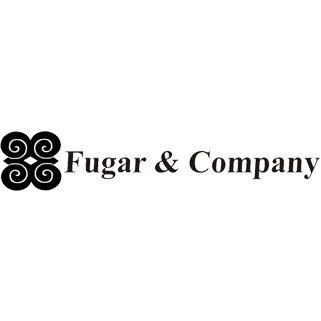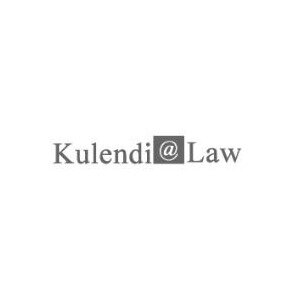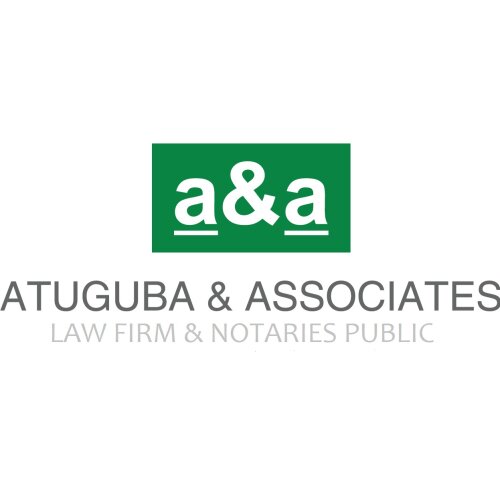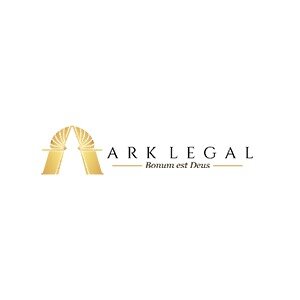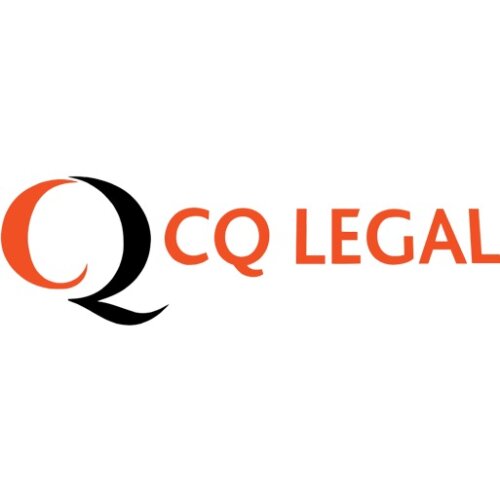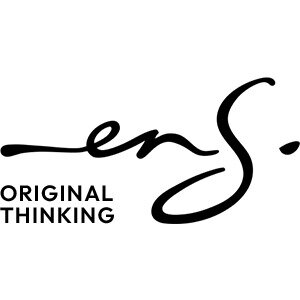Best Acquisition / Leveraged Finance Lawyers in Ghana
Share your needs with us, get contacted by law firms.
Free. Takes 2 min.
Or refine your search by selecting a city:
List of the best lawyers in Ghana
About Acquisition / Leveraged Finance Law in Ghana
Acquisition and Leveraged Finance refers to the use of borrowed funds to finance the purchase of businesses, assets, or shares. In Ghana, this area of law focuses on legal frameworks, regulations, and structures that support the acquisition of companies or other assets, generally by using significant amounts of debt. Such transactions often involve complex arrangements, including multiple parties such as banks, investors, and target companies. The aim is to facilitate corporate growth, market entry, or strategic restructuring, while ensuring legal compliance and managing risks.
Why You May Need a Lawyer
Seeking legal advice is crucial in acquisition or leveraged finance transactions due to their complexity and the potential financial risks involved. Common situations where a lawyer may be needed include:
- Structuring acquisition or leveraged financing deals to comply with Ghanaian laws.
- Conducting legal due diligence on the target company or assets.
- Drafting and reviewing financing, security, and acquisition agreements.
- Advising on regulatory approvals and compliance matters, especially for sectors like banking, insurance, or mining.
- Negotiating terms with lenders, investors, or other stakeholders.
- Managing issues related to enforceability of security, insolvency risks, or breach of contract.
- Navigating tax, employment, or competition law issues related to the transaction.
- Resolving disputes arising from acquisition or financing agreements.
A qualified lawyer can help protect your interests, minimize legal risks, and facilitate a smoother transaction process.
Local Laws Overview
Acquisition and Leveraged Finance transactions in Ghana are governed by several local laws and regulations. Key aspects include:
- Companies Act, 2019 (Act 992): This Act sets the legal framework for company formations, mergers, acquisitions, and share purchases.
- Banking and Specialized Deposit-Taking Institutions Act, 2016 (Act 930): Governs the involvement of financial institutions and outlines lending requirements and limitations.
- Securities Industry Act, 2016 (Act 929): Regulates capital market transactions, including the acquisition of listed companies.
- Borrowers and Lenders Act, 2020 (Act 1052): Provides a registration framework for security interests and details lender and borrower rights.
- Insolvency Act, 2020 (Act 1015): Covers insolvency, company restructuring, and protections for secured creditors in case of default.
- Other Industry-Specific Laws: Mergers and acquisitions in regulated sectors, such as mining or telecoms, are also subject to relevant sector-specific authorizations and restrictions.
- Tax and Foreign Exchange Controls: The Ghana Revenue Authority oversees tax compliance, while the Bank of Ghana regulates foreign currency transactions in cross-border deals.
It is essential to adhere to these laws when structuring any acquisition or leveraged finance arrangement in Ghana to avoid legal penalties and transaction failures.
Frequently Asked Questions
What is leveraged finance in the context of Ghana?
Leveraged finance in Ghana refers to the use of debt to fund the acquisition of companies, assets, or shares. This often involves securing loans using the acquired assets or shares as collateral.
Can foreigners acquire companies in Ghana?
Yes, foreigners can acquire companies in Ghana, subject to compliance with local laws, sector-specific restrictions, and foreign investment regulations.
What are common types of security used in leveraged finance deals?
Common security interests in Ghana include charges over assets, mortgages over property, pledges of shares, and assignment of receivables.
Is regulatory approval required for acquisitions?
Yes, regulatory approval may be required, particularly for acquisitions in regulated sectors such as banking, insurance, mining, and telecommunications.
How is due diligence conducted in Ghana?
Due diligence involves a thorough review of the target company’s legal, financial, and operational status, including legal title to assets, contracts, liabilities, intellectual property, and compliance issues.
What protections exist for lenders in leveraged finance transactions?
Lenders are protected through various mechanisms such as security interests registered under the Borrowers and Lenders Act, priority of claims in insolvency under the Insolvency Act, and contractual covenants.
Are there restrictions on the amount of debt a company can assume?
Certain companies may face limitations on indebtedness based on their constitutional documents, sector regulations, or loan covenants set by lenders.
What happens if the borrower defaults?
In the event of default, lenders can enforce their security rights, which may involve taking possession of collateral or seeking redress through the courts as provided under Ghanaian law.
Do Ghanaian laws recognize cross-border finance transactions?
Yes, but any cross-border finance transaction must comply with relevant foreign exchange regulations and approval from the Bank of Ghana, where applicable.
How important is professional legal advice in these transactions?
Professional legal advice is critical to ensure compliance with local laws, structure transactions effectively, protect your interests, and address any complex legal or regulatory issues that may arise.
Additional Resources
Individuals seeking more information or assistance with acquisition and leveraged finance in Ghana can consider the following resources:
- Registrar General’s Department: Handles company registration, filings, and mergers or acquisitions.
- Bank of Ghana: Responsible for oversight of banking regulations and foreign exchange controls.
- Ghana Stock Exchange: Provides information on listed companies and regulations for public deals.
- Securities and Exchange Commission (SEC): Oversees security and capital market regulations.
- Ghana Bar Association: Offers directories of qualified legal practitioners specialized in finance and corporate law.
- Ghana Investment Promotion Centre (GIPC): Supports foreign and local investment, including information on acquisition of businesses by non-Ghanaians.
Next Steps
If you are considering an acquisition or leveraged finance transaction in Ghana, follow these practical steps:
- Define your transaction objectives and scope, including the nature of acquisition and intended financing structure.
- Engage a qualified Ghanaian lawyer with expertise in acquisition and finance to guide you through legal requirements and due diligence.
- Conduct comprehensive due diligence to understand the risks, liabilities, and compliance obligations associated with the target company or assets.
- Request your lawyer to assist with drafting, reviewing, and negotiating contracts and security documents tailored to your interests.
- Where necessary, obtain regulatory approvals, complete required filings, and fulfill tax obligations.
- Ensure the proper registration of security interests where financing is involved, in line with the Borrowers and Lenders Act.
Promptly seek legal advice at the earliest stage of your transaction to minimize risks and enhance the likelihood of a successful acquisition or financing deal in Ghana.
Lawzana helps you find the best lawyers and law firms in Ghana through a curated and pre-screened list of qualified legal professionals. Our platform offers rankings and detailed profiles of attorneys and law firms, allowing you to compare based on practice areas, including Acquisition / Leveraged Finance, experience, and client feedback.
Each profile includes a description of the firm's areas of practice, client reviews, team members and partners, year of establishment, spoken languages, office locations, contact information, social media presence, and any published articles or resources. Most firms on our platform speak English and are experienced in both local and international legal matters.
Get a quote from top-rated law firms in Ghana — quickly, securely, and without unnecessary hassle.
Disclaimer:
The information provided on this page is for general informational purposes only and does not constitute legal advice. While we strive to ensure the accuracy and relevance of the content, legal information may change over time, and interpretations of the law can vary. You should always consult with a qualified legal professional for advice specific to your situation.
We disclaim all liability for actions taken or not taken based on the content of this page. If you believe any information is incorrect or outdated, please contact us, and we will review and update it where appropriate.
Browse acquisition / leveraged finance law firms by city in Ghana
Refine your search by selecting a city.



